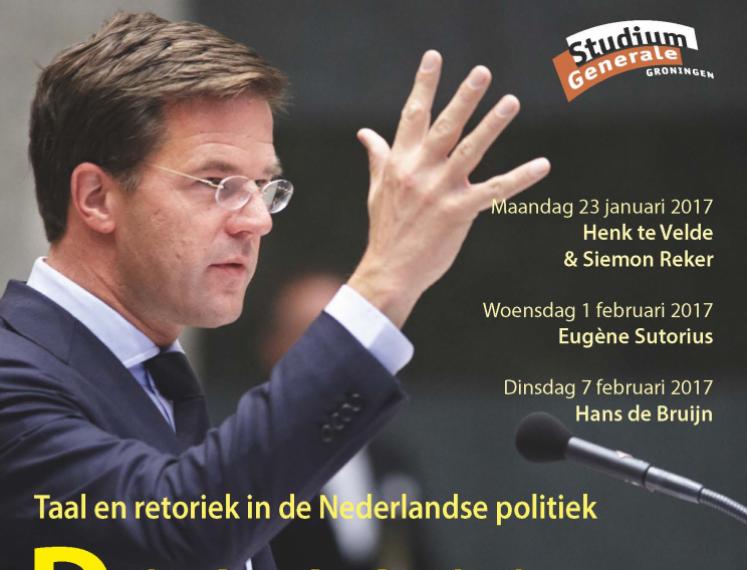Academy Building
Broerstraat 5
Groningen
Netherlands
What We Should Remember about Forgetting and EMDR
In a double-lecture, Marcel van den Hout and Douwe Draaisma explain why remembering and forgetting sometimes are out of control, and what we can do about that.
What We Should Remember about Forgetting - Douwe Draaisma
There are many techniques to help us remember. But sometimes we would rather forget. And then we find that there is no such thing as deliberate forgetting, no method to help us erase memories. This raises many questions. Why is forgetting beyond our control? What would happen if we could not forget? Or remember dramatically more than most people? Is there a secret benefit to forgetting? What do superior memories teach us about normal remembering and forgetting?
Blurring Aversive Memories in the Treatment of Post-Traumatic Stress Disorder -Marcel van den Hout
‘Memory problems’ typically refer to unwanted forgetting or inaccessibility of memories. Sometimes however, problems arise because memories are hyper-accessible. This is the case in Post-Traumatic Stress Disorder (PTSD). Over 25 years ago the claim was made that PTSD can be treated effectively by a somewhat odd intervention: Eye Movement and Desensitization Reprocessing (EMDR). During EMDR, patients make horizontal eye movements while simultaneously recalling trauma memories.
Over the last 7 years Marcel van den Hout, Professor of Clinical Psychology and Experimental Psychopathology, and his team carried out experiments to unravel how EMDR yields its positive effects.
Douwe Draaisma is Professor Theory and History of Psychology at the University of Groningen and currently holds the Heymans Chair. Most of his work deals with autobiographical memory, starting with Why life speeds up as you get older (2001). His latest book is If my memory serves me well (2016).
Marcel van den Hout is Professor of Clinical Psychology and Experimental Psychopathology at Utrecht University and practicing clinical psychologist at the Academic Anxiety Centre of Altrecht. Apart from PTSD he is interested in the origins, maintenance and treatment of other anxiety disorders, especially Obsessive Compulsive Disorder



